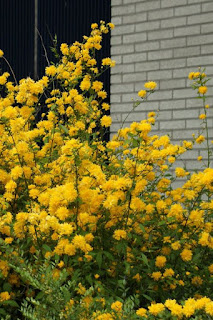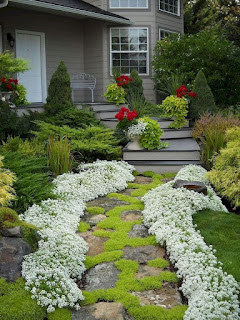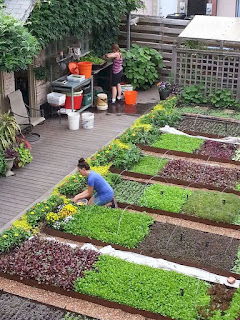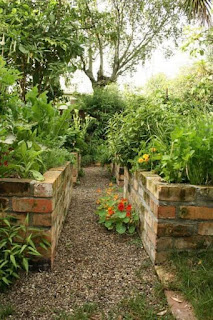Best plants for balcony garden

Plants for balcony garden Your balcony can be a beautiful ornamental corner and an excellent springboard from everyday hustle and bustle, it could be a great place to relax. Find out best plants for the balcony garden . Although you can grow creepers, conifers, herbs, vegetables, shrubs and even dwarf trees. But for a change or uniqueness, you should lean over to more colourful and sometimes intensely fragrant flowers and beautiful foliage plants. 1.Marigold Low maintenance, pest repellent and bright. Marigolds are one of the best plants for balcony, especially in warm climates. 2.Begonias Begonias are easy to grow, keep them in light shade and they will bloom constantly in summer (in winter, for tropics). 3. Chrysanthemum . Mums are the most popular flowers after roses because they come in myriads of varie...





